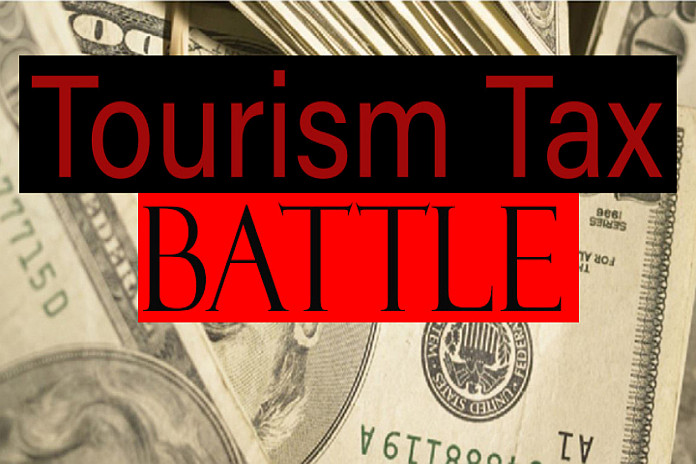Three contrasting levies caught my attention in recent days, related to the tourism industry, notwithstanding that other CARICOM Member States and Organisation of Eastern Caribbean States (OECS) have implemented accommodation levies, based on the type of property.
The justification in the case of Barbados was “to stabilise the country’s economy.” Saint Lucia proffered that the new accommodations fee “is necessary to improve the island nation for everyone.”
Antigua and Barbuda, Tourism Accommodation Levy (TAL), “is to finance projects and programmes that will build climate resilience, provide a buffer for public finances in times of natural disasters, and support the development of the country.”

Barbados room rate levy and product development levy
July 1, 2018, Barbados implement a mandatory “Room Rate Levy” to all bedrooms per night that the levy will be paid by guests. Also taking effect was a 2.5 percent Product Development Levy on direct tourism services as defined in the Value Added Tax, (VAT) (Amendment) Act, 2013-22 and the Value Added Tax (Amendment) Act, 2018-12.
This includes island tours, cruises other than international cruises, meals, drinks, and dining services, as well as goods and services provided by spas, retreats, and marinas as outlined under the legislation.
The Room Rate Levy and the Product Development Levy are part of the fiscal measures being implemented under the 2018 mini-budget, laid in parliament to help stabilise the country’s economy.
Saint Lucia’s accommodations fee
January 2020, the Saint Lucia Tourism Authority says the island nation’s new accommodations fee is necessary to improve the island nation for everyone; while tourism minister Dominic Fedee said “the kind of destination marketing the new fee will support is something that benefits all players in the industry… The accommodation fee allows tourism to pay for itself, as the tax will be levied to tourists to the island. It frees up much-needed funds for healthcare, education and national security.”
The new accommodations tax comprises of a $3 USD levy per night added to rooms that cost less than $120 USD a night, and a $6 per night tax on rooms that cost more than $120 per night. That works out to USD$42 USD a week for higher-end rooms; roughly CSD$55.
Guests at accommodation services sourced through sharing platforms such as Airbnb and VRBO will be subject to an accommodation fee of seven percent on the full cost of the stay.
Saint Lucia’s Tourist Accommodation Fee is arguable among the lowest in CARICOM, the OECS, and other [based on] well-established tourist destinations globally, Saint Lucia’s fee structure is said to be similar to the Maldives.
Antigua and Barbuda, Tourism Accommodation Levy (TAL)
Antigua and Barbuda established a Climate Resilience and Development Fund (CRDF) in 2020. The purpose of this fund is to finance projects and programmes that will build climate resilience, provide a buffer for public finances in times of natural disasters, and support the development of the country.”
Prime minister and minister for finance explained that: “This Fund will be financed mainly through a Tourism Accommodation Levy (TAL), which will be applicable to hotel accommodation, guest houses, apartments, Airbnb rentals, and villas.
This levy will be charged at a rate of US$3 per guest, per night, for room rates up to US$150 per night. For rooms with rates above US$150 per night, the levy will be charged at a rate of US$5 per guest per night.
The Tourism Accommodation Levy will take effect from March 1, 2020, with preliminary estimates indicating that the Tourism Accommodation Levy and the rollback of The Revenue Recovery Charge (RRC) concessions could yield between $50 million and $80 million annually or about one to two percent of GDP.
Parallel economic interests
Of the three contrasting modules, TAL has a superior undertaken of the economic and sustainable strategies capable to receive dividends on a recurring basis. Meanwhile, paying forward on renewable energy, employing climate resilience methods and decreasing carbon footprints for the sustainability of the environment and enjoyment of the travel industry, beneficial for the greater good of the economy and country.







